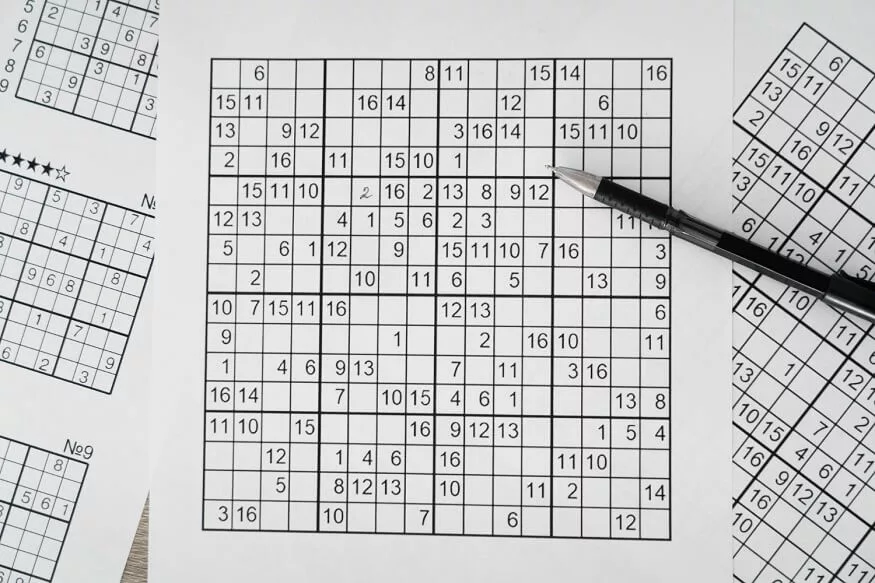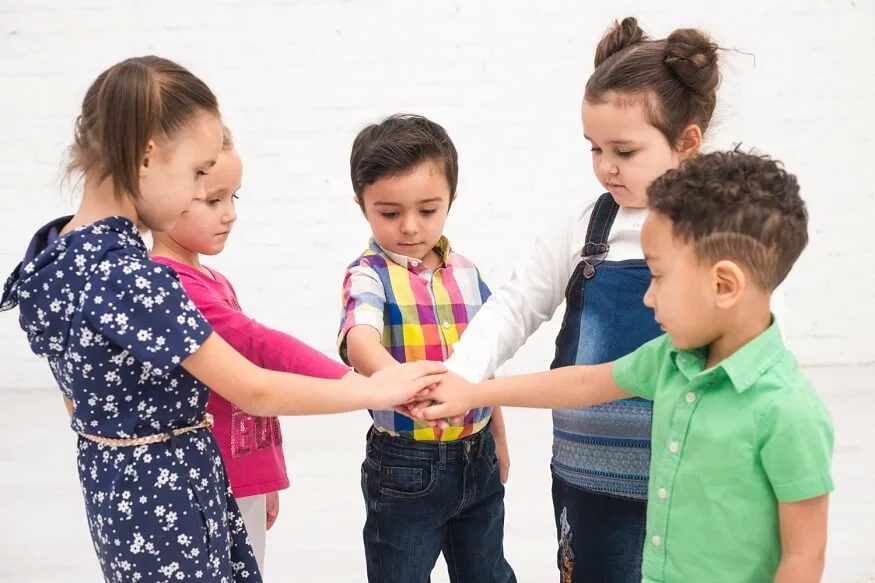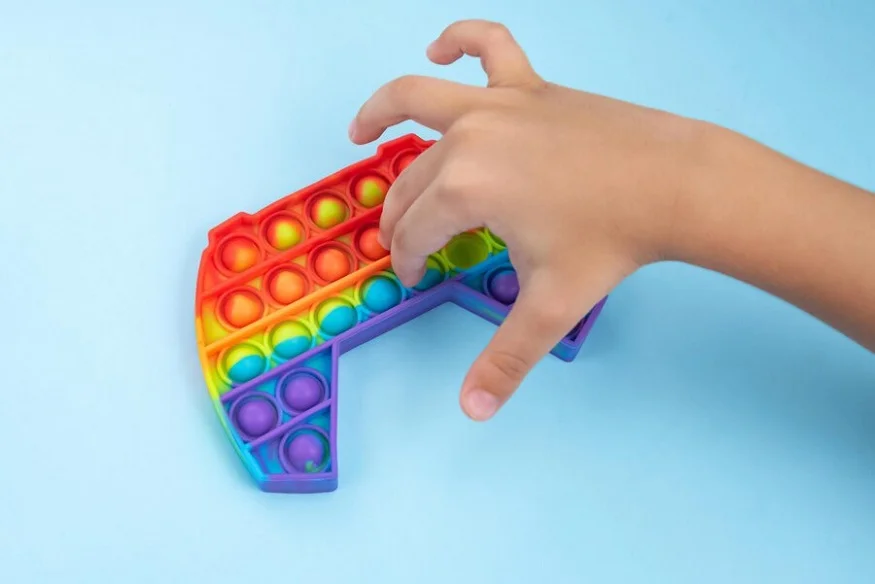While sudoku is traditionally viewed as a game for adults, its adapted versions for young minds open doors to a world of logical thinking and problem-solving. In this exploration, we delve into the realm of simple sudoku puzzles designed specifically for the youngest learners, uncovering the benefits and joy they bring to the formative years of a child’s education.
Introduction to Sudoku for Young Minds
Customising sudoku puzzles for preschool and kindergarten levels involves simplifying the traditional number-based grids. Using colourful images or symbols in place of numbers creates an engaging and accessible version for little learners.
Replacing numbers with visually appealing images or symbols transforms the traditional sudoku grid into a game that captures the attention of young children. Visual and symbolic sudoku lays the foundation for pattern recognition and logical sequencing.
Here are some ways on how you can introduce Sudoku to little learners
- Hands-On Materials: Using tangible materials like sudoku boards and manipulative symbols or images makes the learning experience interactive.
- Group Activities: Introducing sudoku as a group activity fosters collaboration and shared learning experiences.
- Storytelling: Creating simple stories around the sudoku challenges adds a playful and narrative element.
- Game-Like Approach: Presenting sudoku as a game rather than a task makes it more appealing to young learners.
- Sticker Charts: Implementing sticker charts or small rewards for completing sudoku challenges motivates children and adds an element of positive reinforcement.
- Celebrating Achievements: Recognising and celebrating each completed puzzle contributes to a sense of accomplishment.
Also Read: Some Exciting Outdoor Maths Games for Your Child
Benefits of Sudoku for Early Learners
Here are some benefits of sudoku for preschoolers and kindergarten children
- Critical Thinking: Sudoku challenges encourage the development of critical thinking skills as children analyse and make decisions.
- Problem-Solving: Engaging in sudoku puzzles fosters problem-solving skills by requiring children to find the correct arrangement of symbols or images.
- Number Recognition: Traditional sudoku introduces number recognition; however, for preschoolers, visual and symbolic sudoku lay the groundwork for numerical understanding.
- Pattern Recognition: Identifying patterns in sudoku puzzles introduces basic mathematical concepts.
- Focus Development: Completing a sudoku puzzle requires concentration and attention to detail, promoting the development of focus.
- Visual Attention: Identifying and placing symbols or images in the correct sequence enhances visual attention skills.
Also Read: Car games for kids: Fun Road trip maths games for kids
Tailoring Sudoku for Little Minds
Here’s how you customise Sudoku for preschoolers and kindergarten students
- Reduced Grid Size: Introducing smaller grid sizes for preschoolers and kindergarteners provides a manageable starting point.
- Grid Symmetry: Designing symmetrical grids offers a visually pleasing layout that aids in pattern recognition.
- Engaging Visuals: Integrating colourful and attractive symbols or images captivates the interest of young learners.
- Thematic Elements: Incorporating themes relevant to children’s experiences enhances engagement.
- Progressive Difficulty: Designing sudoku challenges with varying levels of difficulty allows for gradual skill development.
- Adapting to Individual Pace: Allowing children to progress at their own pace ensures a positive and stress-free learning experience.
What is Symbolic Sudoku and Benefits of Symbolic Sudoku
Symbolic Sudoku is a captivating variation of the well-known classic Sudoku puzzle that introduces a new layer of complexity and intrigue. In traditional Sudoku, numbers 1 through 9 are used to fill a 9×9 grid, ensuring that each row, column and 3×3 subgrid contains every digit exactly once. Symbolic Sudoku maintains the grid structure but replaces numbers with symbols, letters, or other shapes, adding a creative and symbolic dimension to the game.
Here are some benefits of symbolic sudoku
- Language Development: Associating symbols or images with specific meanings enhances language development.
- Early Literacy: The symbolic nature of sudoku introduces a form of visual literacy as children learn to interpret and use symbols.
- Pre-Math Skills: Identifying and continuing patterns in symbolic sudoku lays the groundwork for pre-mathematical skills.
- Visual Discrimination: Distinguishing between different symbols develops visual discrimination abilities.
- Pre-Logic Skills: Grasping the concept of placing symbols in a logical sequence forms the basis for more advanced logical thinking.
- Sequential Processing: Arranging symbols or images sequentially promotes sequential processing skills.
Also Read: Best pen and paper maths games and activities to do at home
Engaging Activities Beyond the Puzzle
Here are some engaging activities that extend beyond the puzzle
- Sudoku Art: Combining sudoku with art activities, where children create their sudoku puzzles using drawings or crafts.
- Creative Expression: Expressing creativity alongside logical challenges enhances holistic development.
- Giant Sudoku Grids: Creating giant outdoor sudoku grids using chalk or tape fosters physical activity alongside cognitive engagement.
- Movement and Learning: Associating movement with learning contributes to the development of gross motor skills.
- Narrative Integration: Incorporating story elements into sudoku challenges, where each completed puzzle reveals a part of a story.
- Imagination and Logic: This approach intertwines imaginative thinking with logical reasoning.
- Family Participation: Involving parents and siblings in sudoku challenges creates a supportive learning environment.
- Homemade Sudoku Boards: Crafting homemade sudoku boards with materials available at home enhances family engagement.
- Sudoku Apps for Kids: Utilising age-appropriate sudoku apps designed for young children.
- Screen Time Balance: Balancing screen time by incorporating digital sudoku into a well-rounded learning routine.
- Family Celebrations: Celebrating completed sudoku challenges as a family encourages a positive attitude towards learning.
- Recognition: Acknowledging and recognising a child’s effort and progress builds confidence.
Also Read: Best indoor maths games your kids can play at home
Challenges and Solutions: Navigating Potential Hurdles
Frustration and Discouragement
- Individualised Support: Offering individualised support based on a child’s pace and level of comfort.
- Positive Reinforcement: Focusing on the process and effort rather than the completion of the puzzle.
Resistance to Learning
- Incorporating Play: Ensuring that sudoku challenges are presented as playful activities rather than rigid tasks.
- Exploration and Choice: Allowing children to explore and choose sudoku challenges based on their interests.
Time Constraints
- Short Sessions: Breaking down learning sessions into shorter, more manageable periods.
- Incorporating into Routine: Integrating sudoku challenges into daily routines without creating additional time pressure.
Varied Learning Styles
- Multisensory Approaches: Adapting sudoku challenges to include multisensory elements for diverse learning styles.
- Observation and Flexibility: Observing individual responses and adjusting approaches based on observed preferences.
Also Read: Fun maths dice games to play at home
The benefits of symbolic sudoku extend beyond logical thinking, encompassing language development, pattern recognition, and early literacy skills. EuroSchool orchestrates an environment where children can playfully engage with sudoku challenges, unlocking not only the mysteries of logical sequencing but also fostering a love for learning.









